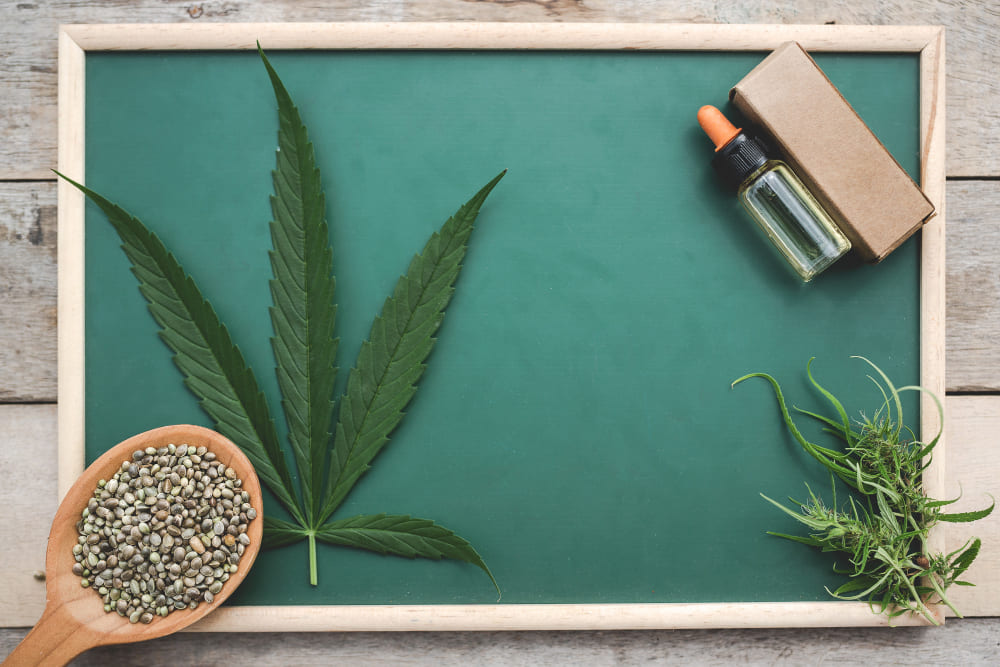Qualifying Conditions
Understanding whether you qualify for a medical marijuana card is the first step in the application process. Each state has a predefined list of conditions that are eligible for treatment with medical cannabis. Common conditions include chronic pain, PTSD, epilepsy, and multiple sclerosis, among others. Recently, some states have also begun to acknowledge mental health conditions as qualifying diagnoses. Additionally, doctors may consider unique cases where traditional medicine is ineffective, allowing patients to explore other treatment options.
It is crucial to check your state’s specific requirements and qualifying conditions, as these can vary significantly. Doctors typically provide the necessary assessment and certification, so it is essential to have an open discussion with your healthcare provider about your symptoms and medical history. This ensures eligibility and helps tailor the treatment to specific needs.
The Application Process
The application process for a medical marijuana card DC involves several steps that require attention to detail. Firstly, obtain a written recommendation from a licensed physician who is registered within your state’s medical marijuana program. This recommendation confirms that you have a qualifying condition and are a suitable candidate for medical marijuana treatment. Physicians often assess the severity and duration of the condition to provide a comprehensive evaluation. Once you have the doctor’s recommendation, you will need to apply to the state’s medical marijuana authority. This application generally involves providing personal identification, proof of residency, and the physician’s recommendation. Some states offer online portals to streamline this process, while others may require paper forms. Review the application meticulously to avoid errors that could delay processing. Upon successful submission and review, you may be required to pay a fee for processing and issuance of the card. The costs and processing time vary by state, so it is advisable to check the details on your state’s official medical marijuana program website. In Washington, DC, the application fee is typically $100, and some states provide fee waivers or discounts for veterans or low-income applicants, easing the financial burden.
Legal Considerations and Responsibilities
Holding a medical marijuana card primarily offers legal protection to cardholders, permitting them to purchase, possess, and, in some cases, cultivate marijuana for medical use. However, it is crucial to comprehend the legal boundaries to avoid potential pitfalls. For instance, possessing marijuana in quantities exceeding what is legally allowed or using it in public places could lead to legal repercussions. Understanding local laws regarding transportation and consumption can prevent unwanted legal issues.
Moreover, while medical marijuana is legal within the state that issues the card, it remains illegal at the federal level. This federal status might impact employment, banking, and travel, especially if crossing state lines. Being aware of these legal nuances and adhering to state-specific regulations help in appropriately navigating the complexities surrounding marijuana use. It’s also wise to carry your medical marijuana card at all times, as it serves as proof of your legal right to use cannabis for medical purposes.
Benefits of Having a Medical Marijuana Card
Obtaining a medical marijuana card provides several advantages beyond legal protections. It often grants cardholders access to various strains tailored for specific conditions, unavailable to recreational users. Additionally, many states offer tax reductions or exemptions for medical marijuana purchases, making treatments more affordable. The economic incentives and therapeutic benefits can significantly enhance a patient’s quality of life.
Another advantage is having informed guidance through dispensaries staffed with knowledgeable professionals. These individuals can assist in selecting the right products and dosages, ensuring effective management of your condition. This personalized approach to healthcare makes the medical marijuana system more beneficial for patients with chronic or severe health issues. Engaging with experienced dispensary staff can provide insights into new products and innovations within the industry.
Renewal Process
Medical marijuana cards do not last forever; thus, comprehending the renewal procedure is essential for maintaining ongoing access to medical cannabis. Typically, the card is valid for one to two years, after which a renewal application must be submitted. This procedure typically necessitates a new recommendation from a licensed physician, confirming the continued necessity for medical marijuana. Maintaining orderly and aligned documentation with the original applications streamlines the renewal process. Initiating the renewal procedure weeks ahead of the expiration date is recommended to avoid any interruptions in accessing your medication. Being proactive ensures continued treatment without the stress of lapsing coverage. Most states provide reminders to renew, but it is ultimately the cardholder’s responsibility to maintain current and active status. Staying engaged in the renewal process demonstrates a commitment to responsible use and compliance with medical marijuana regulations.
Final Tips for Your Application
- Before meeting with a doctor, investigate and confirm a thorough grasp of your state’s eligibility criteria.
- Before starting your application, prepare all necessary documents and identification to streamline the process.
- Keep an open dialogue with your healthcare professional to receive a precise suggestion that caters to your medical requirements.
- Familiarize yourself with the state’s rules and regulations to avoid legal issues and ensure compliance.
- Utilize online resources or consult with legal experts familiar with medical marijuana law for guidance if needed, mainly if you are new to medical cannabis.
- Keep updated on current changes to legislation in your state. Laws and regulations can change swiftly, introducing new eligibility requirements or altering program frameworks.
Staying informed and ready allows you to confidently and easily navigate the process of obtaining a medical marijuana card, possibly creating new opportunities to manage your health issues effectively. A medical marijuana card not only grants legal standing but also equips you with the tools to explore a holistic approach to healthcare, aligning treatment plans with natural remedies.




